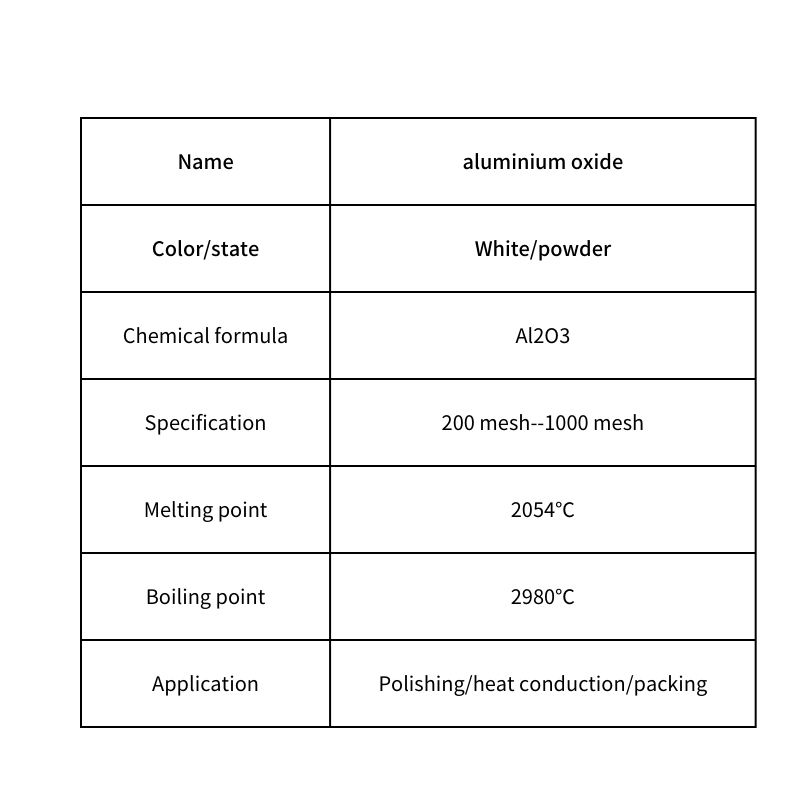
expanded clay manufacturer
The Expanded Clay Industry Revolutionizing Construction and Gardening
In recent years, the construction and gardening industries have witnessed a significant transformation, largely due to the growing popularity of expanded clay aggregates. As an innovative material derived from natural clay, expanded clay has been increasingly utilized for various applications, including lightweight concrete, drainage solutions, and horticultural substrates. This article delves into the role of expanded clay manufacturers, exploring their impact on sustainability, product development, and the future of these industries.
What is Expanded Clay?
Expanded clay aggregates are produced by heating natural clay to high temperatures, typically around 1,200 degrees Celsius. This process causes the clay to expand and form lightweight, porous pellets. The unique structure of these pellets makes them an excellent choice for construction, landscaping, and horticulture, offering advantages such as low weight, high insulation properties, and enhanced drainage capabilities.
Advantages of Expanded Clay
1. Lightweight and Durable One of the primary benefits of expanded clay aggregates is their weight. These lightweight materials can significantly reduce the overall weight of structures, thereby minimizing the need for heavy foundational support. This is particularly advantageous in high-rise buildings and infrastructure projects, where reducing weight without compromising structural integrity is crucial.
2. Excellent Drainage Properties Expanded clay pellets feature a porous structure that allows for efficient water drainage. This makes them ideal for landscaping applications, such as creating the perfect drainage solution for potted plants, roofs, and gardens. The ability to prevent waterlogging while retaining some moisture is essential for plant health, making expanded clay a favored choice among gardeners and landscape architects alike.
3. Sustainability As environmental concerns grow, the demand for sustainable building materials has surged. Expanded clay is not only made from natural clay but is also a recyclable material. Manufacturers are increasingly focused on sustainable production practices, committing to reduce carbon emissions and energy consumption. By choosing expanded clay aggregates, builders and gardeners can contribute to eco-friendly practices while enjoying the benefits of this versatile material.
expanded clay manufacturer

The Role of Expanded Clay Manufacturers
Expanded clay manufacturers play a pivotal role in promoting the use of this innovative material. They are responsible for the research and development of new products, ensuring quality control, and meeting the evolving demands of the market. Here are some essential functions they perform
1. Research and Development Continuous improvement is critical in the construction and gardening sectors. Manufacturers invest in R&D to innovate and enhance the properties of expanded clay aggregates. This includes experimenting with different clay compositions, optimizing firing processes, and exploring new applications that can leverage expanded clay’s unique properties.
2. Quality Assurance It is imperative for manufacturers to maintain high-quality production standards. Quality control ensures that the aggregates meet required safety and performance criteria. This is especially important in construction, where the integrity of materials directly impacts a building's longevity and safety.
3. Market Education Manufacturers also engage in educating architects, builders, and gardeners about the benefits of expanded clay. Workshops, seminars, and informational materials help highlight the myriad applications and advantages of using expanded clay, promoting its adoption as a standard material in various sectors.
Conclusion
As the construction and gardening industries continue to evolve, expanded clay manufacturers will remain at the forefront of innovation. By providing lightweight, sustainable, and versatile materials, they are not only enhancing the performance of buildings and gardens but also contributing to a greener future. The ongoing research and development efforts in this sector promise to unlock even more potential applications for expanded clay, positioning it as a key player in the global movement towards sustainable building practices. Whether you're a builder looking for efficient materials or a gardener seeking the best solutions for your plants, expanded clay offers an exciting array of benefits that can elevate your projects to new heights.
Share
-
Premium Talcum Powder Enhanced with GPT-4 Turbo | Soft & Long-LastingNewsAug.02,2025
-
Fly Ash Solutions Enhanced by GPT-4 Turbo | Sustainable InnovationNewsAug.01,2025
-
Natural Premium Bentonite Cat Litter - Superior ClumpingNewsJul.31,2025
-
Premium Resin Coated Sand - High Heat Resistance CastingNewsJul.31,2025
-
High Quality Silicon Carbide Grit for Abrasive ApplicationsNewsJul.30,2025
-
High-Quality Ceramsite for Plants & Gardening | Lightweight PebblesNewsJul.29,2025






